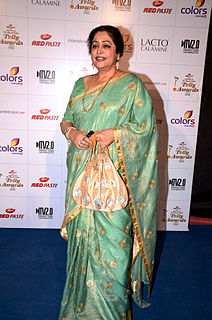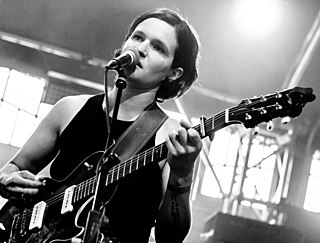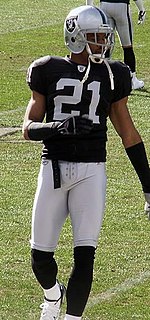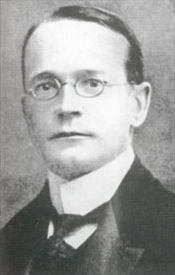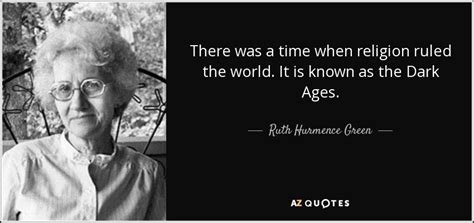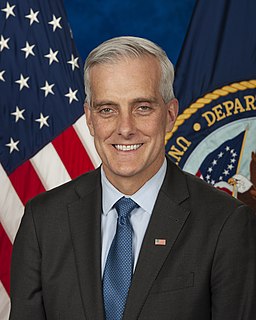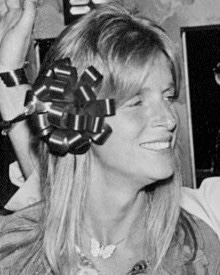A Quote by Kirron Kher
My parents were from Punjab, in Pakistan. We had land there which were reallocated after partition. So I belong to that area which got divided and suffered.
Related Quotes
Even under the British there were hostile groups. There were clashes. But, as we found out later, these were clashes provoked by those who had no wish to let us live together - on the eve of the Partition. The policy of keeping us divided was always followed by foreigners, even after the Partition. If Indians and Pakistanis had been together...I don't say as confederated countries but as neighboring and friendly countries...like Italy and France, for example ...believe me, both of us would have progressed much further.
I feel very strongly that I am under the influence of things or questions which were left incomplete and unanswered by my parents and grandparents and more distant ancestors. It often seems as if there were an impersonal karma within a family which is passed on from parents to children. It has always seemed to me that I had to answer questions which fate had posed to my forefathers, and which had not yet been answered, or as if I had to complete, or perhaps continue, things which previous ages had left unfinished.
I was born into a religious cult in Indianapolis, straight up. They had an apartment complex in this one area, and there were all these rules. My parents met through church and got married really shortly after, when they were both searching for connection and meaning, just like everyone is when they're 20.
I took a sheet of paper, divided it into debt and credit columns on the arguments for and against God and immortality. On Christmas Eve I wrote 'bankrupt' at the foot. And it was on Christmas morning 1895, after I had celebrated three Masses, while the bells of the parish church were ringing out the Christmas message of peace, that, with great pain, I found myself far out from the familiar land--homeless, aimlessly drifting. But the bells were right after all; from that hour on I have been wholly free from the nightmare of doubt that had lain on me for ten years.
The Doxology ... that testimonial to the Platonic Trinity, which divided the Roman Empire into at least eighteen quarreling sects, none of whom knew what they were fighting about, and which schisms contributed to the decline and fall of this greatest of states. Rome had thrived for one thousand years with pagan gods at the helm and expired after only one hundred and fifty years under the Christian banner.
This was Mahatma Gandhi’s idea, moving from ownership to relationship—seeing that land does not belong to us. We belong to the land. We are not the owners of the land. We are the friends of the land, like friends of the earth. The fundamental shift is in this consciousness that land does not belong to us, we belong to the land.
